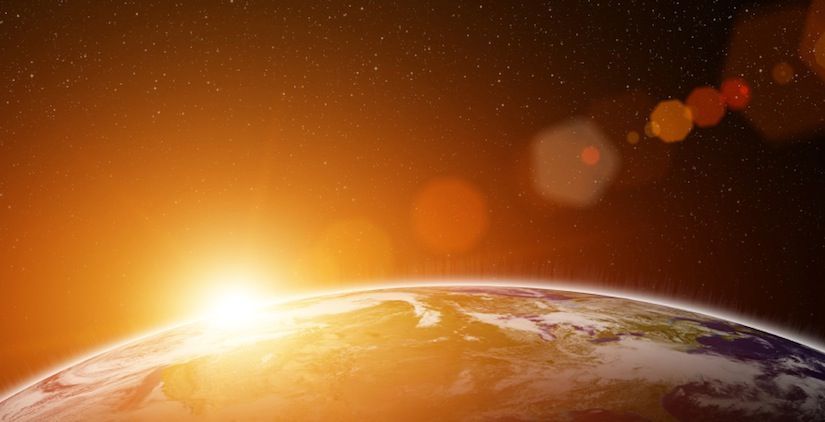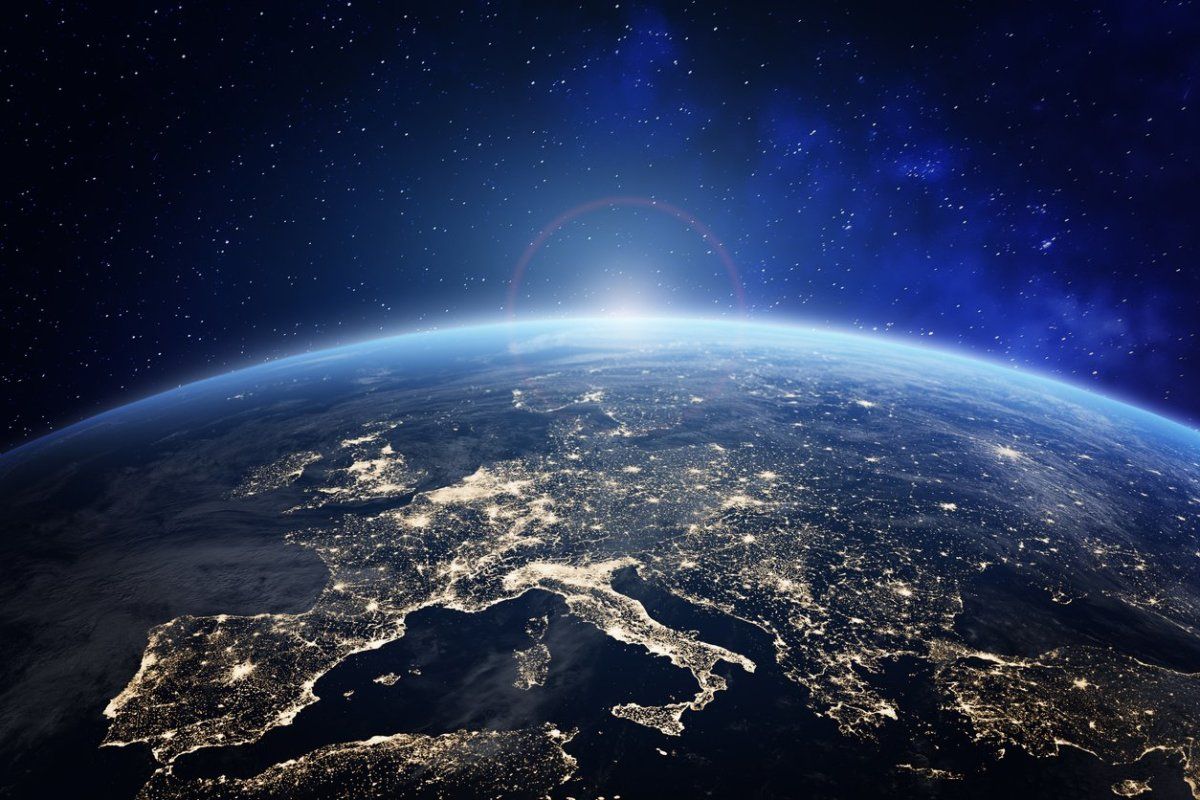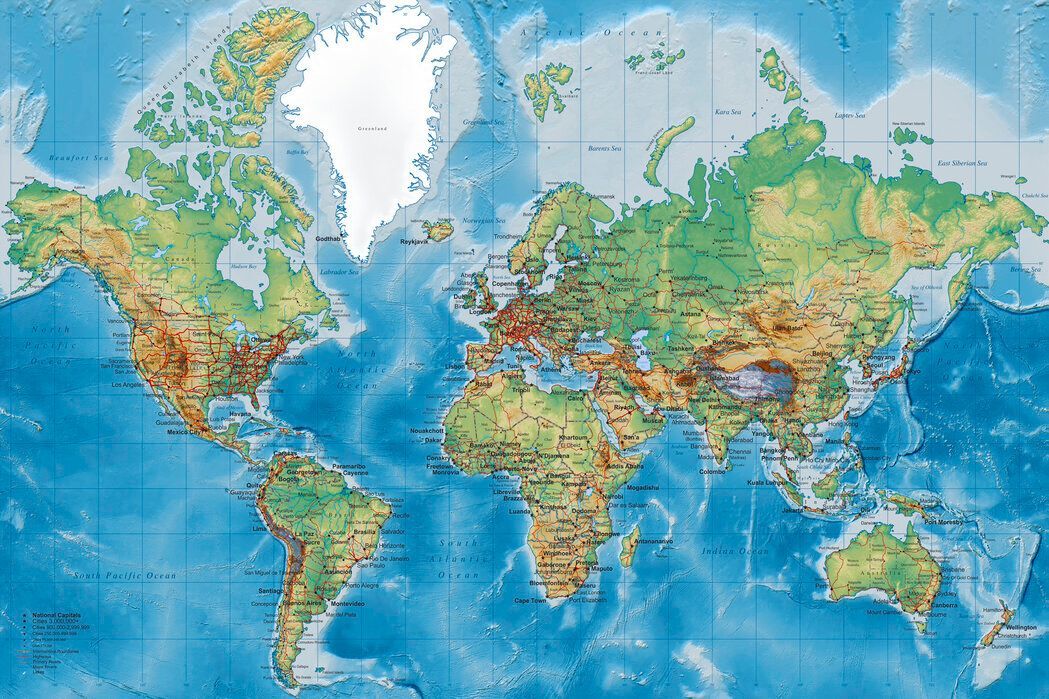Refuting the Big Bang
Where did we come from? As Christians, we know that God created the universe and everything in it in six literal days. We read in Genesis 1:1 that “In the beginning, God created the heaven and the earth.” However, the scientific community unanimously agrees on the theory that we came from the “Big Bang.” So, what is the Big Bang and what are some of the inherent problems with this theory?
Science teaches that “The universe began, scientists believe, with every speck of its energy jammed into a very tiny point. This extremely dense point exploded with unimaginable force, creating matter and propelling it outward to make the billions of galaxies of our vast universe.” (Exploratorium.com, 2024) The problem is that this theory is riddled with as many holes as swiss cheese and raises more questions than it answers.
The first law of thermodynamics tells us that energy cannot be created or destroyed. It’s in a constant state of being. They claim that all the energy in the universe came from a singularity just before the explosion which resulted in the force necessary for the Big Bang. If this is true, then where could this energy have originated from and how did all of the elements get created from this explosion? The scientific community has been searching for an answer to this question for years but they have never been able to come up with any evidence that supports their theory.
Now most astronomers agree that the Big Bang must have been rotating on a sort of axis when the explosion occurred. If this was the case then we should see the law of conservation of angular momentum in place and everything should be spinning in the same direction in orbit. Except, that’s not what we see. We have an entire galaxy named “NGC 4622” which spins clockwise in contrast to the other observable galaxies which spin counterclockwise. In addition to this, we have several large moons that spin in a different direction compared to their respective planets with the most notable one being Neptune’s moon Triton.
Another argument that scientists haven’t been able to come up with an answer for is if the Big Bang theory were true then why is the universe so clumpy? If everything spun out in an instant then all of the matter should be evenly distributed except that’s not what we see. We have entire galaxies with differing amounts of space between them some being 5 or 100 million light years apart!
One key point of “proof” that scientists will use to defend the theory of the Big Bang is the leftover cosmic background radiation that has been detected in space. Astronomers see this and claim this as proof even though there’s no way to show that this heat even came from the Big Bang at all. Some theorize that the radiation could have come from emission from dust particles or plasma in galaxies and even further evidence attempts to disprove the notion by citing findings such as a non-perfect blackbody spectrum in the radiation, anisotropy issues, and plasma effects.
I believe a man by the name of Fred Hoyle said it best when he wrote in his book The Intelligent Universe that “I have little hesitation in saying that as a result a sickly pall now hangs over the big bang theory. As I have mentioned earlier, when a pattern of facts becomes set against a theory, experience shows that it rarely recovers.” (Doyle, 1983) What’s interesting to note about Fred, is that he was an incredibly renowned astronomer and cosmologist who was actually the one who coined the term “The Big Bang” Not only him, but several other notable Astronomers such as Hannes Alfven, Geoffrey Burbidge, and Halton Arp all casted doubt on the validity of the Big Bang theory.
If the Big Bang theory were true, we would see more pieces of evidence for the claim instead we get a theory that scientists have to consistently rewrite time and time again in order to fit their narrative and disprove the Bible but when the theory gets broken down, we can see how it just doesn’t work. Now I do believe that Christians will have our own version of a sort of Big Bang but ours happens at the end of time. 2 Peter 3:10 says “But the day of the Lord will come as a thief in the night; in the which the heavens shall pass away with a great noise, and the elements shall melt with fervent heat, the earth also and the works that are therein shall be burned up.” Looking at the universe, it's obvious that we must have had a creator and we didn't get here by random chance or by an accident. The scientific community disagrees with this idea but to the Christian, it's abundantly clear.





